There are few faces as recognisable as that of Anthony Hopkins. Whether he is in the guise of a flesh-eating serial killer or an elderly man succumbing to dementia, there is no doubt when it is Hopkins on screen – so inimitable is the actor’s presence.
This week, the 87-year-old will publish his first memoir, offering a glimpse into the man behind the movies.
We Did OK, Kid chronicles Hopkins’ tough childhood in Port Talbot, Wales, his journey into acting, his struggles with alcoholism, and his storied onscreen career.
Anyone hoping for industry gossip, however, will be left wanting. “The real currency of any celebrity memoir is candour – either a sort of illuminating self-scrutiny, or else a gossipy willingness to open veins of bad blood,” writes Louis Chilton in his three-star review of the memoir. “Hopkins largely takes the high road.”
That said, there are still several nuggets of gold in this book that shed some light on one of the world’s most cherished actors.
From a poignant moment he shared with his father to on-set drama with the actor Paul Sorvino in Nixon, here are seven things we learnt from reading We Did OK, Kid.
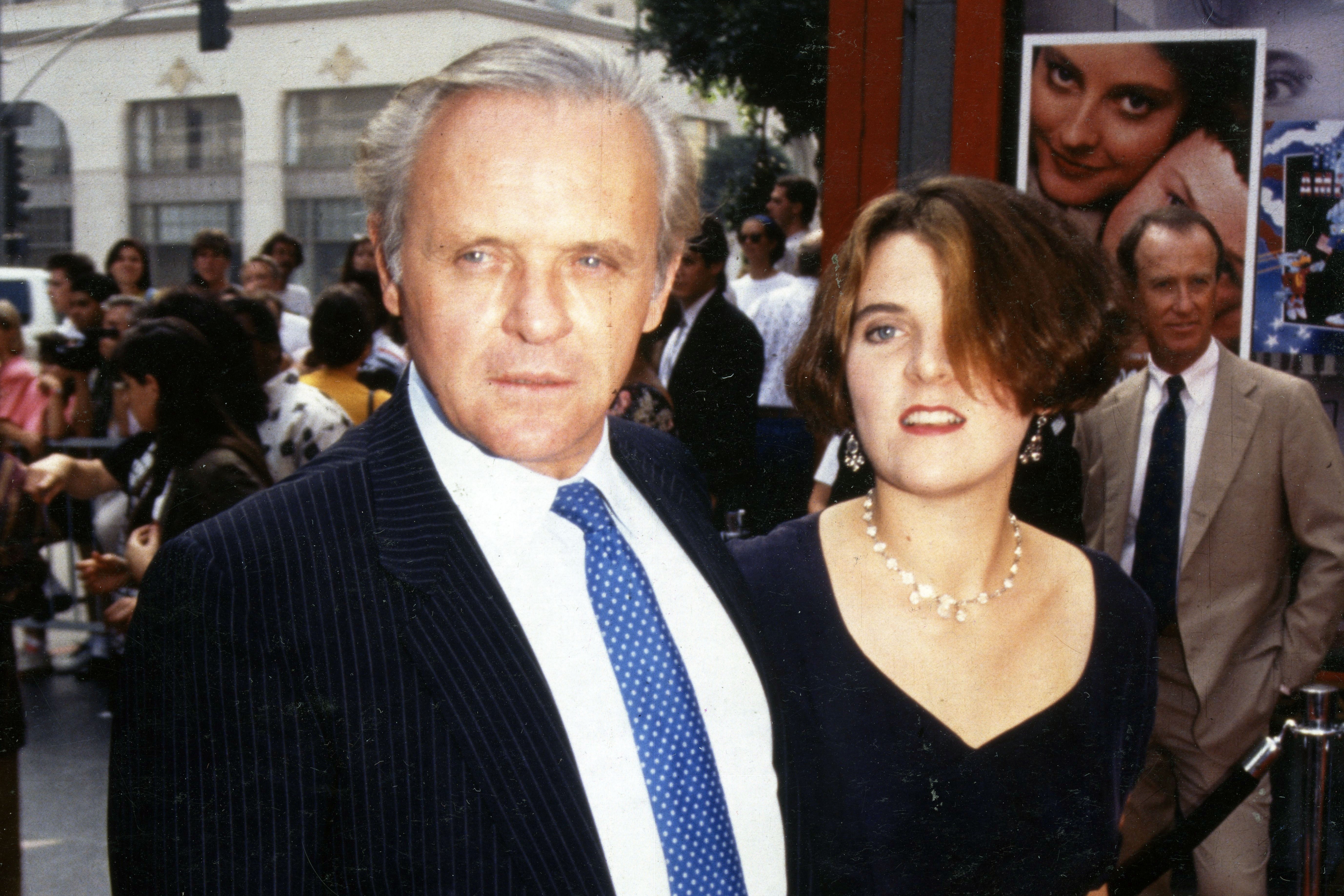
Estrangement from his daughter
Hopkins has one child, Abigail, 57, whom he shares with his first wife, Petronella Barker. The two have been estranged for more than 20 years, with the actor previously admitting he has “not been a good father”.
Hopkins left his family one night in the throes of alcoholism; Abigail was just one at the time. He and Barker divorced not long afterwards, in 1972.
He writes that “after realising I was unfit as a father for Abigail, I vowed not to have any more children... I couldn’t do to another child what I’d done to her”.
Once he became sober, Hopkins tried to reconnect with Abigail and her mother in 1977. Their meeting, however, was “awkward”.
“They didn’t want to be there,” he writes. “Throughout the meal, they keep catching each other’s eyes and making faces. Abigail never seems able to forgive me for leaving the family when she was a baby.”
He writes that his estrangement from Abigail remains “the saddest fact of my life and my greatest regret… that hardness is my default… I hope my daughter knows that my door is always open to her ... I want her to be well and happy.”
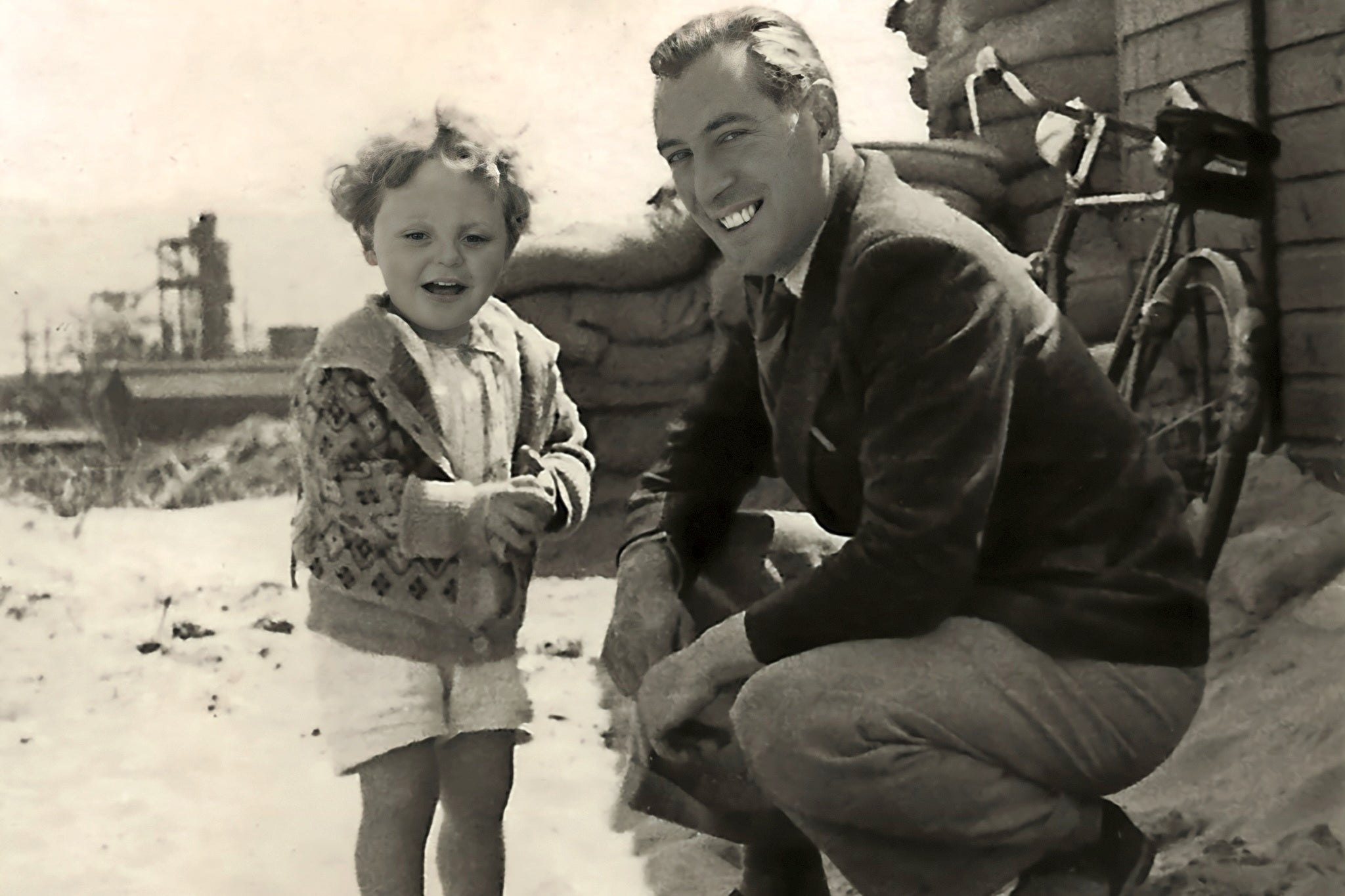
Complex relationship with his father – and the moment they shared on his deathbed
Throughout his memoir, Hopkins paints a complicated portrait of his father, a man who was hard to please and prone to depression and anxiety. “No nonsense, no fuzziness,” he writes of his father. “His guidance to me was: ‘Just get on with it. Stand up straight and don’t complain.’ It was a good tip. Another: ‘Life is rough. So what? Never give in.’ A bit harsh, but it got me through.”
In one particularly poignant moment, the actor recalls one of their final interactions during which his late father asked him to recite Hamlet.
“As I spoke the words, he closed his eyes, rested his head back and mouthed the first few familiar words along with me ... When I stopped, he lifted his head up and looked at me, still baffled by his son who was so dense in so many ways but so surprisingly bright in this one. ‘Good God,’ he said. ‘How did you learn all those words?’”
Alcoholism – and the moment he turned it around
Hopkins is forthcoming about his struggles with alcohol addiction, writing about how it made him pick fights with directors and others. Likewise, his alcoholism meant he was not always a good husband to his first two wives.
“That’s the ugly side of alcoholism,” he writes. “It brought out a brutal side of me. I’m not proud of it at all.”
Hopkins recalls a “terrible early 1970s film” that he has no recollection of appearing in. “No one in that movie could remember a minute of doing it: we’d all been blackout drunk,” he writes.
It was around the same time that he hit rock bottom, crashing his car “in a drunken blackout through Beverly Hills”.
“I’d driven that car all night from Arizona without knowing what I was doing. I could have killed someone. I could have taken out a whole family,” he adds. It was this pivotal moment that finally made him seek help: “The craving left and it’s never come back.”
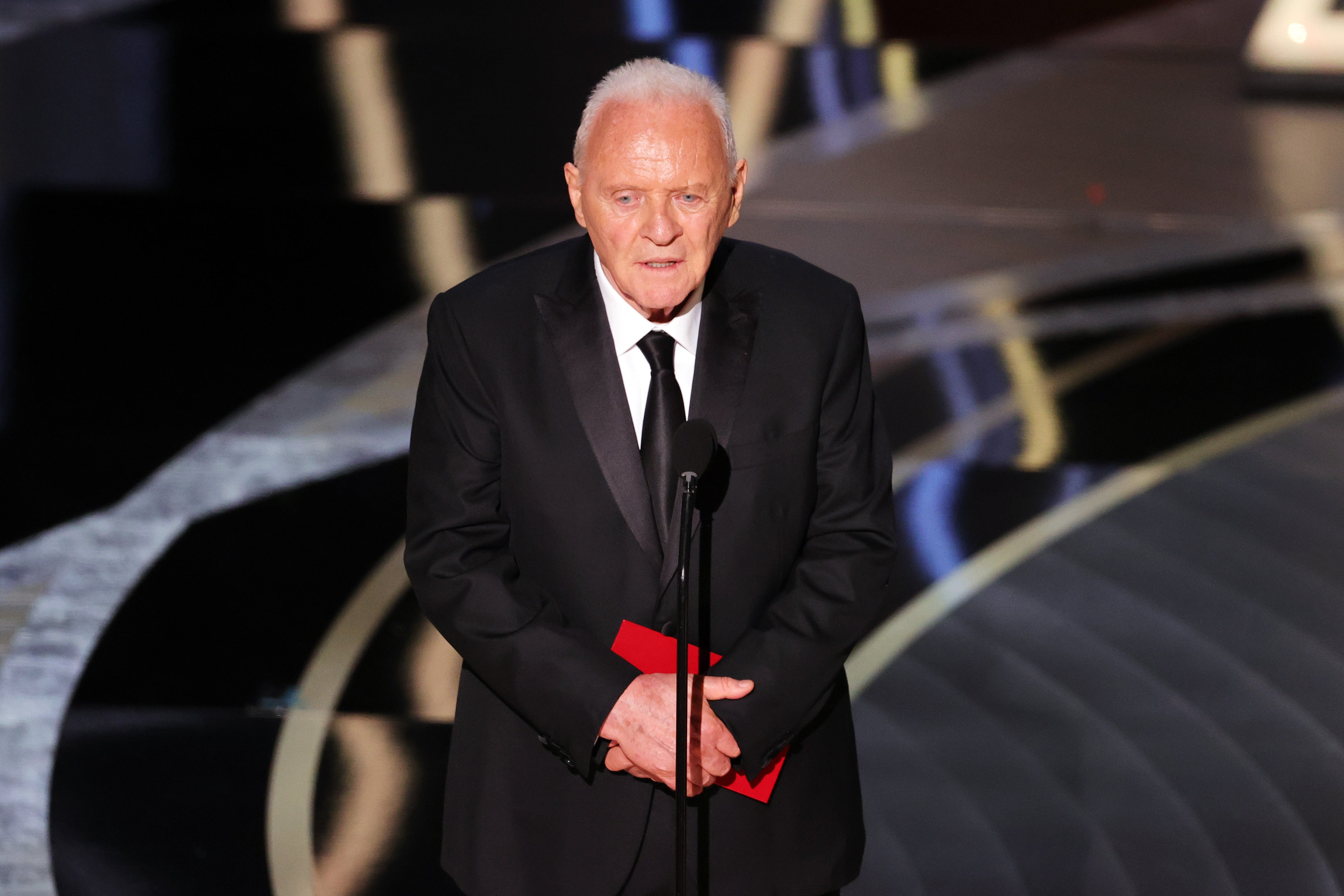
‘You’re being quite foolish. On your own head be it, dear boy’
An actor doesn’t get to where Hopkins is today without taking a few risks, and Hopkins himself took a big one in 1973 when he quit his role as the lead in the National Theatre’s production of Macbeth.
The decision itself was driven by director John Dexter, who made “vicious snipes” and who, Hopkins writes, made the show “intolerable”.
Still, quitting a high-profile show mid-run was a risky move; his friend and mentor Laurence Olivier told Hopkins: “You’re being quite foolish. On your own head be it, dear boy.”
Everything worked out, however, and it was only a few weeks later that Hopkins landed his next role. He had been “born under a lucky star”, his agent told him at the time.
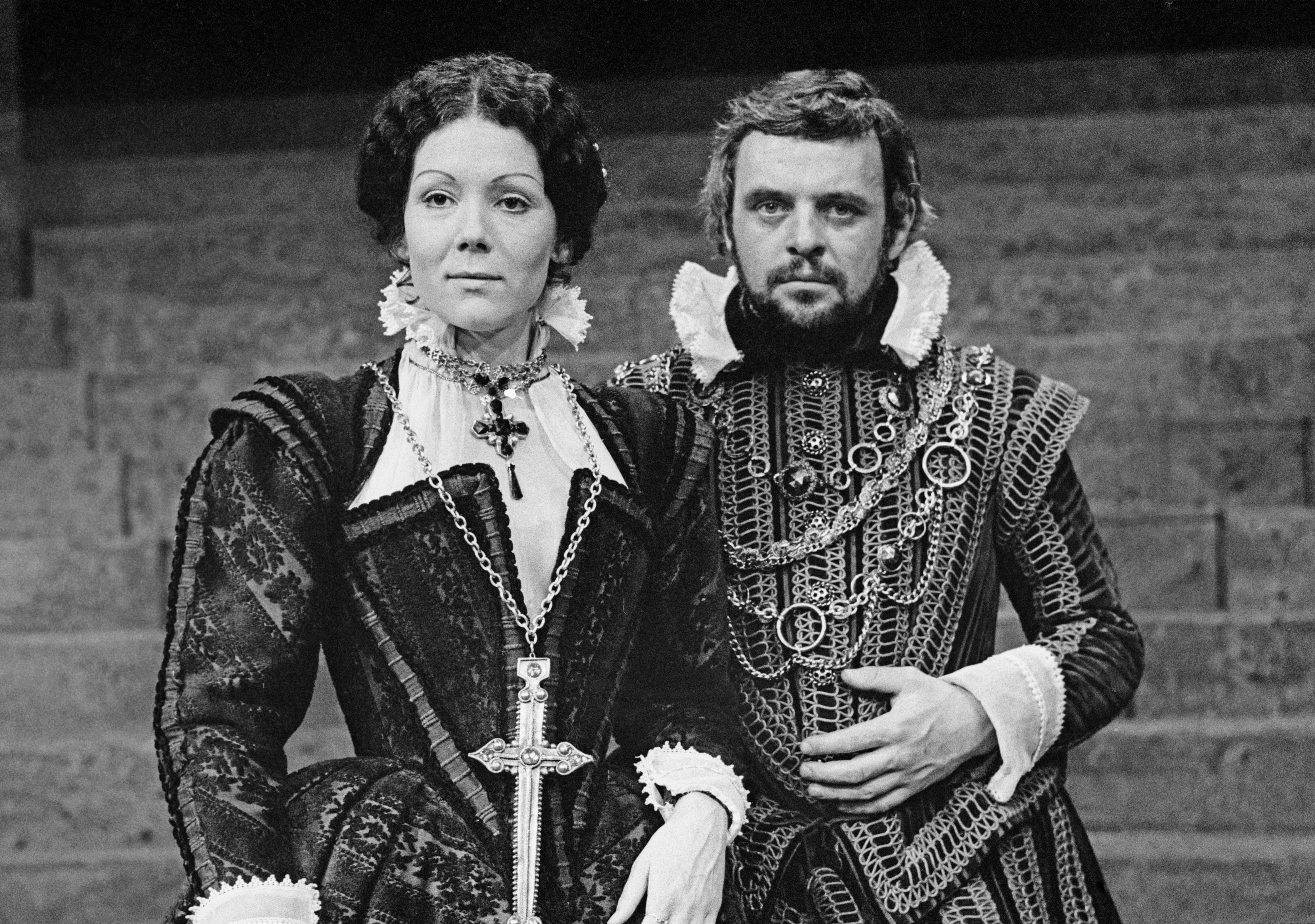
He asked to be fired from Nixon
A working-class Welshman playing a disgraced US president was always a bit of a head-scratcher to Hopkins. According to the actor, director Oliver Stone had explained his decision to cast him: “You’re nuts like Nixon.”
One person who was not sold on the idea was Hopkins’ co-star in the 1995 film, Paul Sorvino, who, Hopkins writes, pulled him to one side to tell him he was making a meal of the part: “‘Your voice was all wrong… your speech patterns are way off.’”
Hopkins may have already been an Oscar winner by then, but that didn’t stop Sorvino’s words from getting to him – and so he went to Stone and requested to be sacked from the movie. The director instantly knew who was at fault for this crisis in confidence.
“Has that fat slob been getting to you? You don’t have to answer. I know he was. He’s a baby. Don’t take any notice of him,” Hopkins recalled Stone telling him.
In the end, the film received positive reviews, with critic Roger Ebert writing: “In the title role, Anthony Hopkins looks and sounds only generally like the 37th president. This is not an impersonation; Hopkins gives us a deep, resonant performance that creates a man instead of imitating an image.”
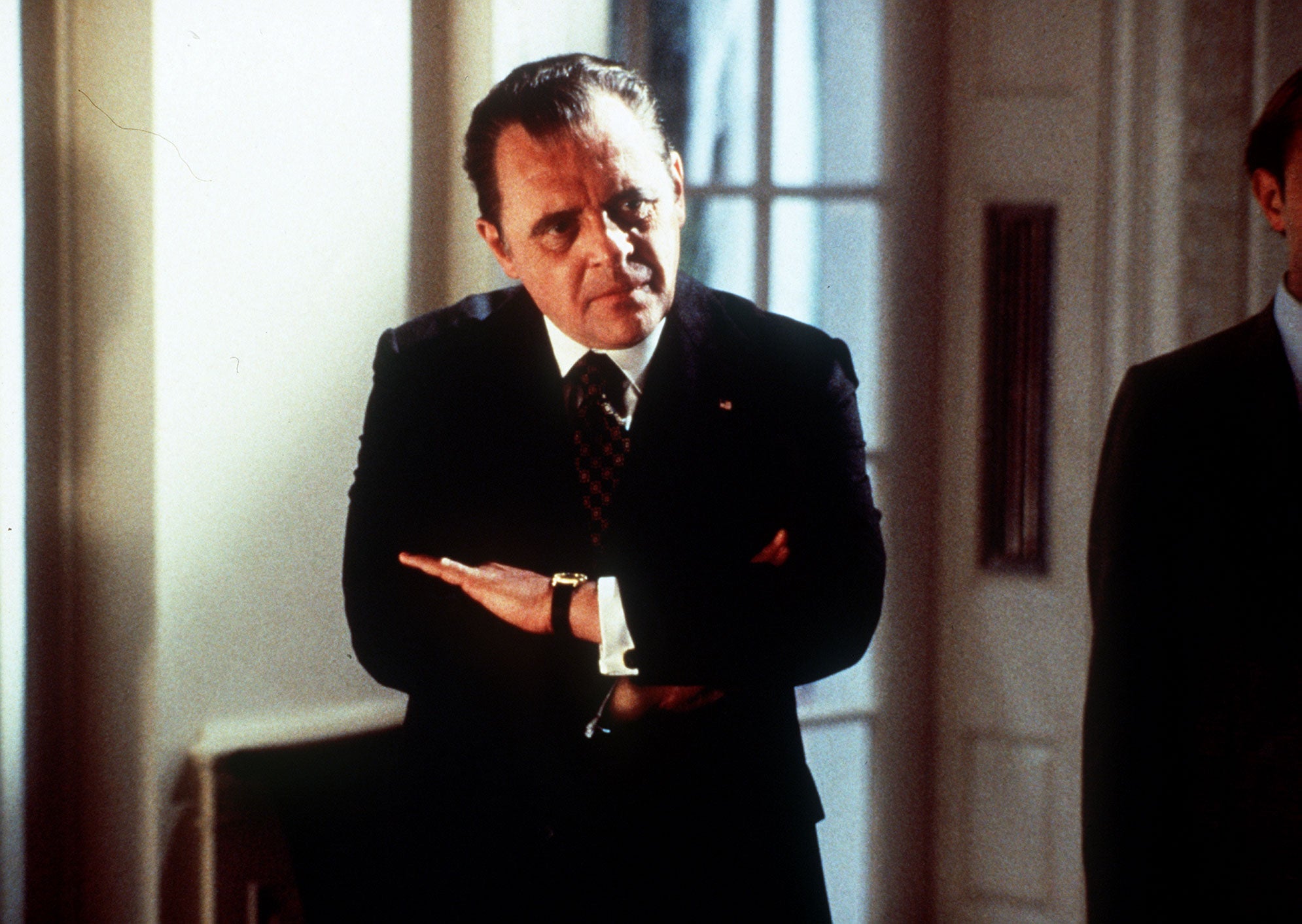
The Silence of the Lambs
One character that Hopkins will forever be tied to is that of serial killer Hannibal Lecter in The Silence of the Lambs – a role that earned him his first Oscar.
While he was initially unaware of the story, believing it to be a PG-rated flick about animals, he later read the script and knew it was a part for him: “I instinctively sensed exactly how to play Hannibal. I have the devil in me.”
Hopkins had to stop himself reading at page 15, however, thinking the script was so brilliant that it would be unbearable to read on and end up not getting the part. Happily, director Jonathan Demme flew to London and personally offered him the role.
Later, the actor confessed that his character’s iconic vampire-like hiss was actually a joke inspired by Hungarian-American actor Bela Lugosi’s performance as Count Dracula in 1931.

Could Hopkins be on the autism spectrum?
The thought has crossed his mind, and that of his wife, Stella Arroyave. He has always been a self-described loner and possesses the very useful skill of being able to memorise an entire script by heart.
The actor began to think he could be autistic after watching the ITV medical comedy-drama Doc Martin, in which Martin Clunes plays a doctor thought to be on the spectrum.
“Stella’s belief that I probably have Asperger’s is likely right, given my proclivity for memorisation and repetition ... and my lack of emotionality,” Hopkins writes. “But like any stoic man from the British Isles, I’m allergic to therapeutic jargon.
“Even if the world might prefer I accept the Asperger's label, I’ve chosen to stick with what I see as a more meaningful designation: cold fish.”
‘We Did OK, Kid: A Memoir’ is published by Simon & Schuster on 4 November
Anthony Hopkins’ memoir falls short of capturing the depth his career deserves
Anthony Hopkins recalls chastising young actor: ‘Never heard of him since’
Justin Baldoni’s $400 million lawsuit against Blake Lively officially ends
Will Ferrell’s Elf costume among iconic film props to be auctioned
Diane Ladd, Oscar-nominated actor and Laura Dern’s mother, dies aged 89
Reese Witherspoon says career success linked to having had ‘so much anxiety’







